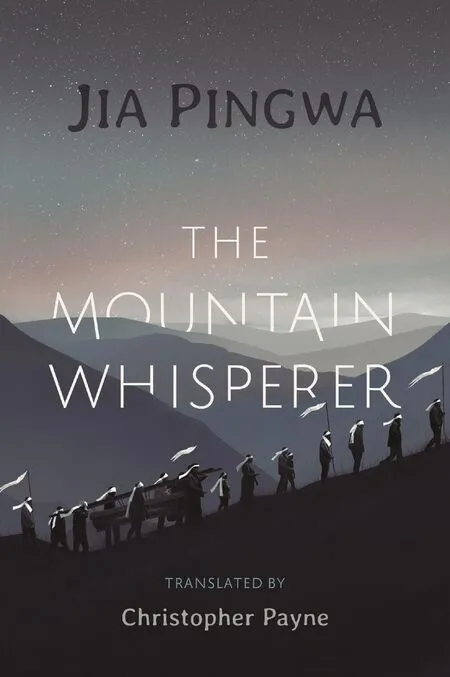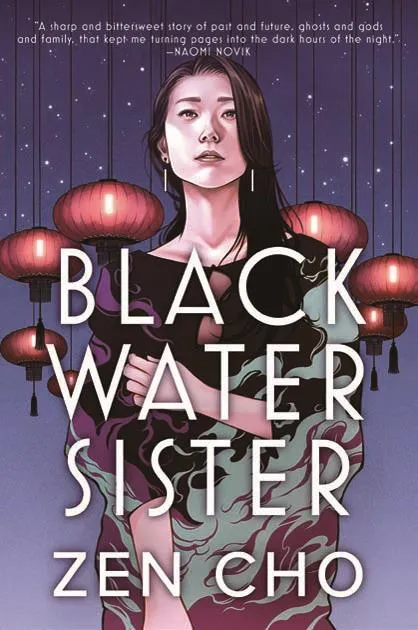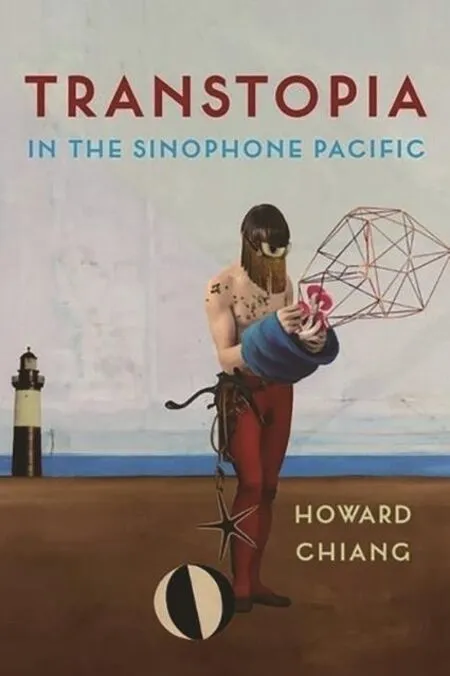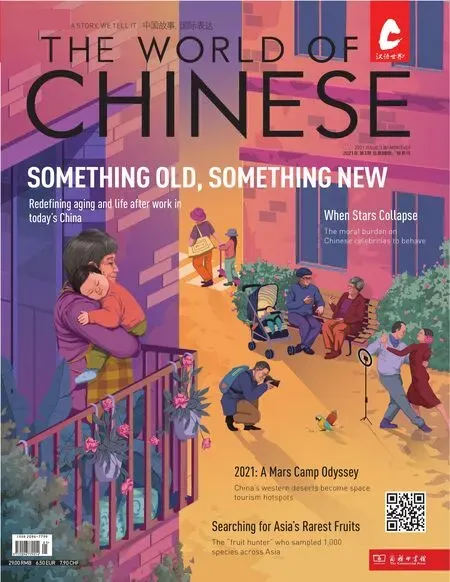SONGS FROM THE PAST
BY JESSICA SIJIA JIN


Jia Pingwa’s latest translated novel tells an alternative history of China through the music of mourning
《老生》:賈平凹筆下的鄉(xiāng)土哀歌
Jia Pingwa writes in the afterword toThe Mountain Whispererthat his novel is “both about the past revolution, and also my farewell to it.The land is suffused with feces, but its foul odor is not carried on the wind.The feces, moreover, serve to nourish the land, enriching and enhancing the farmers’ yields.”
THE MOUNTAIN WHISPERER’S JOB IS TO SING MOURNING SONGS FOR ALL THOSE WHO PASS,REGARDLESS OF THEIR LEGACIES IN LIFE
In his sweeping historical rural narrative spanning the 20th century,Jia unhesitatingly illustrates such“feces” of the recent past—the moral depravity, vengefulness, and suffering of four tumultuous periods of modern Chinese history.However, he does so with the wisdom of someone who accepts even the darkest aspects of human nature: “On this planet we call home, there is no mother to curse and complain about the difficulties of childbirth.They do not begrudge the excruciating pain of bringing a child into this world; rather they see it as a blessing, a great fortune.”
The novel, originally published in 2014, was released in English for the first time in April of this year in a translation by Christopher Payne.A well-respected voice in contemporary Chinese writing, Jia is known for writing that is deeply informed by Chinese literature and historical customs, and for portraying the social upheavals that come to his native rural Shaanxi.His most famous work,Ruined City, depicts the moral corruption and fall of a city modeled after Xi’an, and was banned for 17 years in China due to explicit sexual content.The Mountain Whispereris among Jia’s epics, and is one of his most overtly political works.
The tale is told largely without judgment, as observed by the titular character, the village’s funeral singer who lives to be over 100 and bears witness to four eras: revolution, land collectivization, the Great Leap Forward, and market reform.The Mountain Whisperer’s job is to sing mourning songs for all those who pass, regardless of their legacies in life.
The book is split into four vignettes told in chronological order, with characters from one vignette often reappearing in or influencing later ones.The first story follows Lao Hei,a farmer from northern Shaanxi province who is known for carrying a pistol; the second about Ma Sheng,the village pauper who abuses his power when he is appointed the local deputy director of the land reform campaign; the third follows Feng Xie, a tyrannical supporter of the Great Leap Forward; and the fourth is on Xi Sheng, a farmer who devises various schemes to improve his village when he becomes its mayor.
The novel illustrates the corruption,falsehoods, and harsh consequences of these historical movements.Countless characters die senseless,gory deaths for small offenses.A band of hooligans led by Lao Hei, who seem driven more by a desire for personal power than any larger purpose, are remembered as“revolutionary heroes” in a future tale.
Kuang San, who was one of the revolutionaries alongside Lao Hei and was most notable for constantly eating, even when his comrades were fighting their enemies, is later revered by the people and given the position of “Commander.” At the same time,some characters are guided by simple kindness, such as Xi Sheng’s wife,who tries to save her husband until his last dying breath.The novel lays humanity bare, revealing both its cruelty and its kindness under terrible conditions.
Jia interweaves passages from the Chinese textThe Classic of Mountains and Seas, a mythological catalogue of the creatures and geography of ancient China, into his book.Each of the four vignettes begins with a shepherd, who lives next-door to the Mountain Whisperer, teaching his son passages from the text which become relevant to the accompanying tale.By juxtaposing modern history with ancient writings, Jia urges readers to consider the mythologizing that is central to the making of modern China.However, by focusing on rural culture and experiences, Jia’s work resists any grandiose national narrative and instead portrays how recent revolutions begot suffering for many of China’s most powerless.
The Mountain Whisperer is a representation of the traditional,singing folk mourning songs in honor of the deceased.As the driving force of Jia’s novel, who narrates the tales and appears in all of them, the funeral singer presents an alternative voice to the state,relying on folklore and superstitious knowledge to set down history, as opposed to prescribed wisdom.As the country modernizes and the political campaigns rage on, the Mountain Whisperer’s popularity begins to wane.
The title character’s eventual deathmay be the author’s reflection of the erosion of these traditions in China over time, but the long life and influence of classical texts shows that the Mountain
Whisperer, and the local folk knowledge he represents, never truly die.Similar to its title character, the book does the important work of preserving these stories of the common people throughout the book—those who might otherwise be swept away in the tides of history.Jia tells of the experiences of some of China’s most marginalized without averting his eyes to the ugliness of humanity.
Jia is known for employing local expressions in his work, which were likely lost in translation.The novel’s language is coarse and not particularly absorbing,but that could be the fault of the translator.
In Jia’s book, there are no easy heroes, only people—sometimes selfish, sometimes humane,sometimes cruel—trying to survive.The Mountain Whisperercomplicates the pictures of virtue and magnanimity used by more traditional epics to represent people in power.In China, that may be truly revolutionary.
THE FUNERAL SINGER PRESENTS AN ALTERNATIVE VOICE TO THE GOVERNMENT,RELYING ON FOLKLORE AND SUPERSTITIOUS KNOWLEDGE TO SET DOWN HISTORY

BLACK WATER SISTER
When a voice whispers to Jessamyn Teoh that she is apengkid(Hokkien slang for “tomboy”), it turns out to be the spirit of the late grandmother she hardly knew, “Ah Ma.” While grappling with her newfound ability to connect with spirits, who call upon her to exact revenge and settle family scores, Jess moves with her family from the US back to a Chinese Malaysian community in Penang.Author Zen Cho has crafted an urban fantasy that addresses real issues such as homophobia, racism, and rape.

TRANSTOPIA IN THE SINOPHONE PACIFIC
In a marriage of queer theory and geopolitics,historian Howard Chiang presents a treatise on the versatile and still-unfolding concept of gender in Asia.Drawing from archives of sexology, press reports of intersexuality, films about castration,and records of social activism, Chiang pushes queer studies beyond a Western-centric or Chinacentric frame.He aims to tell a broader story of how “sexual normativity and Chinese imperialism have been produced through one another,”according to the synopsis.Though academic,the book is timely and fresh, offering innovative research across time, place, and cultures.

THE SECRET TALKER
A psychological romance thriller, Geling Yan’s novel (trans.Jeremy Tiang) follows Hongmei,a former military translator who married an American man and now lives in the San Francisco Bay Area.As their marriage turns cold, a secret admirer draws Hongmei into a cat-and-mouse game over email.Yan was born in Shanghai in 1958 and based in California,where she lives with a diplomat husband.One of her novellas was adapted into Zhang Yimou’sThe Flowers of War(2011), and she has worked on screenplays with directors Ang Lee, Joan Chen,and Chen Kaige.

